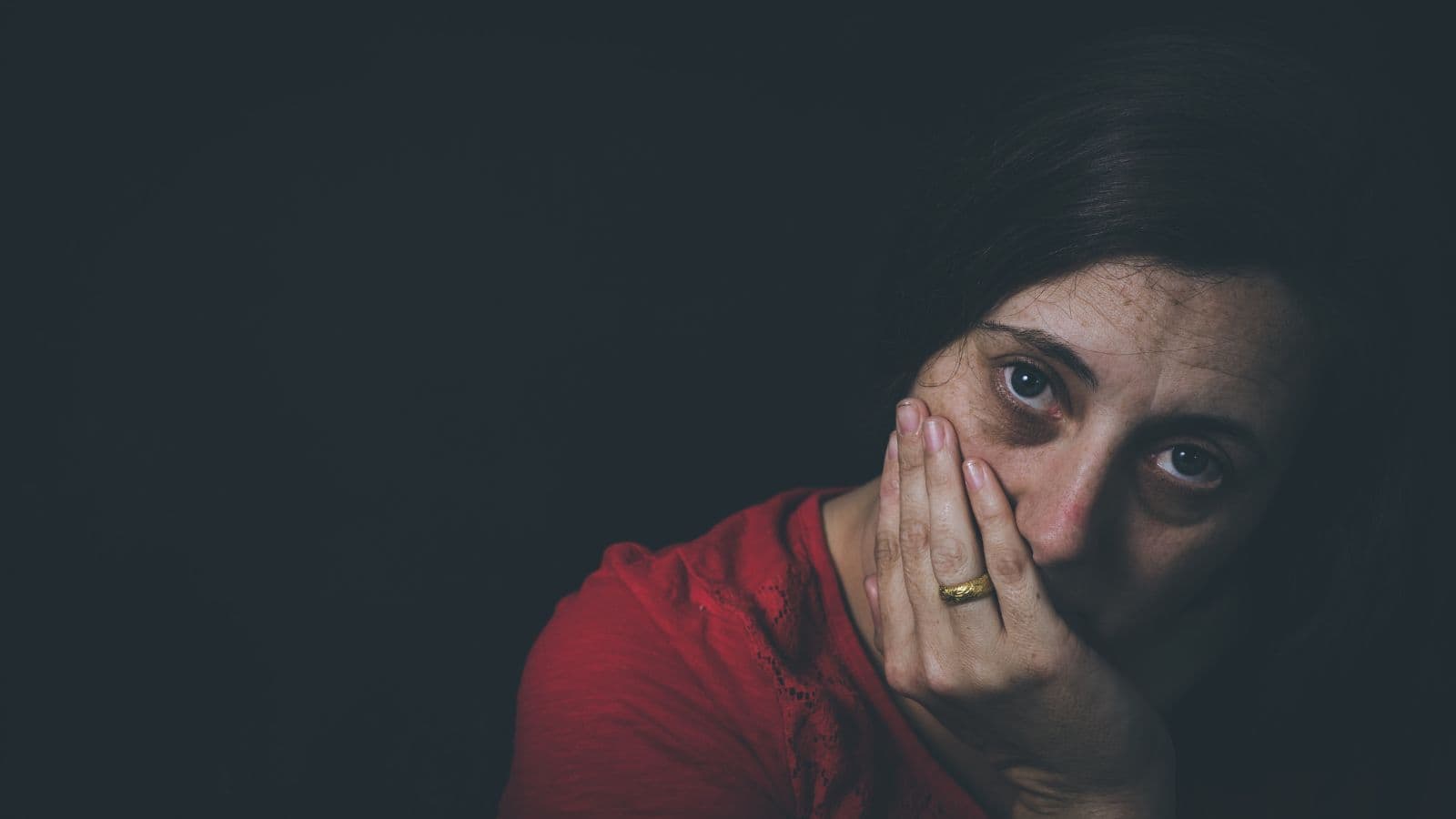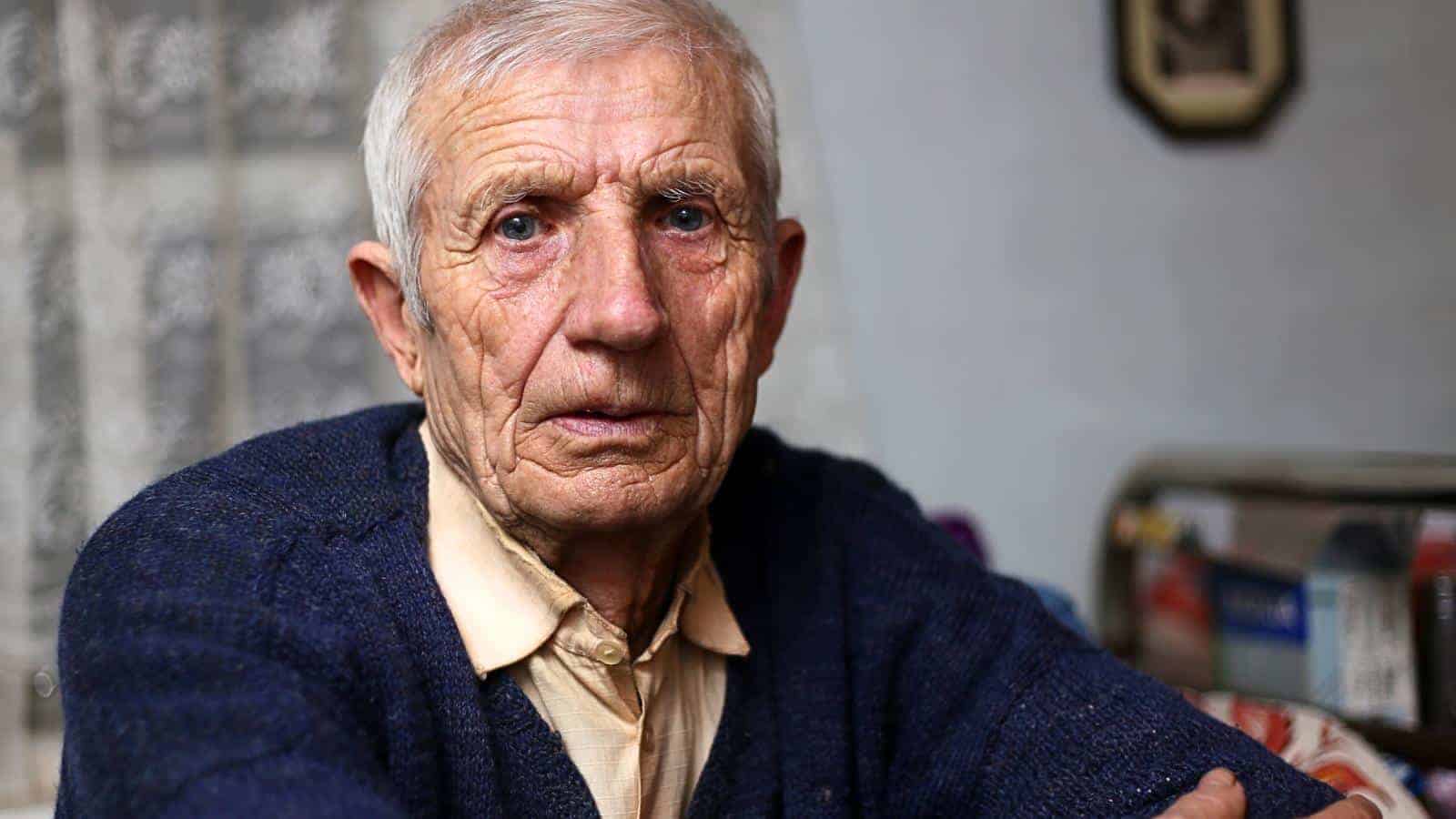Bullying is incredibly damaging, especially if it happens early on in life. Victims spend months or even years of their lives fearing bullies, feeling bad about themselves, and missing out on meaningful life experiences. The effects of childhood bullying follow victims into adulthood, manifesting as these 17 behaviors.
Self-Isolation

Bullying makes it hard to trust others, so many adults who have experienced childhood bullying will deliberately isolate themselves as a form of self-preservation. They worry that people will make fun of them, so they hide parts of themselves and stay away from people to avoid giving them ammunition.
Trying to Control People

Bullies try to physically and verbally dominate their victims to exert control and create fear. Sometimes, this causes bullied kids to grow into adults who need to be in control to avoid feeling like victims. They try to control what others say or do to be dominant as a coping mechanism.
Body Dysmorphia

Kids who bully others often cruelly insult their physical appearance to upset them. This can have lifelong consequences. Mind cites bullying as one of the major causes of body dysmorphia because it causes negative self-image and low self-esteem. If somebody constantly obsesses over their appearance, they might have been bullied in the past.
Poor Communication

Almost all kids who are bullied are too ashamed or terrified to tell someone and get help because they’re worried they won’t be believed or nothing will change. As a result, they become adults who struggle to articulate themselves due to a lack of self-confidence or fear of how they’ll be perceived.
Aggression

Many victims of bullying internally berate themselves later in life for not standing up to their bullies, which may turn into generally aggressive behavior. The trauma of being bullied can cause a short temper, anger issues, and bitterness, all of which make it difficult to have healthy relationships with partners, friends, and colleagues.
Obsession With the Past

Adults often dismiss bullying as a ‘rite of passage’ or something victims will quickly get over, but it’s never that easy. Psychology Today believes people never forget their childhood bullies because they embarrassed, isolated, and tormented them and took away their safe spaces. Victims become obsessed with the past because they’re still traumatized.
Vindictiveness

When someone wrongs us, we instantly want revenge. Those feelings can remain for years and make us vindictive. People who were bullied as kids frequently do vindictive things because they’ve experienced something terrible and are angry at the world. It makes them feel better temporarily, but being vindictive exhausts them.
Lack of Confidence

Children tentatively build up confidence as they grow, so being bullied can completely destroy their progress. It’s difficult to pick up the pieces and bounce back after being treated so terribly, which is why many adults who were bullied struggle to behave confidently in professional and social situations.
Struggling to Stand Up For Themselves

Bullies usually pick victims who are smaller, weaker, or less confident than them because they’re easier to dominate. As a result, many kids are too scared to stand up for themselves, and that self-doubt follows them into adulthood. They worry about the past repeating itself, making them more likely to accept mistreatment.
Self-Deprecation

Childhood bullying causes extreme insecurity, and if it isn’t dealt with, those feelings don’t go away in adulthood. People who make self-deprecating jokes all the time may do so because they believe that they’re stupid, unattractive, or undeserving. They might not be seeking attention; they might just be deeply insecure.
Constantly Asking For Reassurance

Children need support and reassurance to cultivate healthy mindsets, but bullying robs them of that. Victims worry about not being good enough, so they constantly seek reassurance from people they trust. Psyche warns that this behavior can become ‘excessive reassurance-seeking,’ eroding well-being and relationships, making adult life more difficult.
Making Accusations

People who constantly make unfounded accusations are often written off as being insecure, but it’s a sign they were bullied as children. Being bullied makes you question everybody’s intentions, which leads you to unintentionally sabotage your relationships by accusing partners of doing things you’re terrified might actually happen.
Repetitive Negative Talk

People who were bullied as kids learned early on that life is unfair, so they adopt a pessimistic worldview as adults. This frequently turns into repetitive negative talk. Many never had closure from their bullies, so they now carry their anger into adulthood and express negativity to feel heard.
Shyness

Shy people are targeted by bullies more often than confident people because they’re less likely to stand up against the abuse. However, childhood bullying can also cause greater shyness in adulthood because it makes people more self-conscious and worried about being ridiculed by their peers.
Substance Abuse

Bullying causes profound psychological harm, so victims seek coping mechanisms, even if they’re unhealthy. According to AddictionHelp, many victims of childhood bullying turn to drugs and alcohol due to the anxiety, loneliness, and low self-esteem it causes. They engage in self-destructive behavior to fill those gaps and quickly become addicted.
Social Anxiety

Social anxiety can be debilitating, and a history of being bullied often causes it. Children learn to socialize primarily at school, so being ostracized, mocked, or harmed by their peers hampers their social skills. They isolate themselves and never learn how to be comfortable around others, which evolves into social anxiety.
Bullying Others

Finally, it’s a sad fact that many people who were bullied as children become bullies when they grow up. Verywell Family theorizes that victims often become bullies as a tactic to avoid being the victims themselves again. Bullying claims victims and then draws them into a cycle that affects their behavior throughout their lives.
Up Next: 19 Things Men Want To Avoid As They Get Older

19 THINGS MEN WANT TO AVOID AS THEY GET OLDER
18 U.S. Cities Americans Say Are the Best to Live In

18 U.S. CITIES AMERICANS SAY ARE THE BEST TO LIVE IN
17 Most Common Reasons Men Break Up With Women

